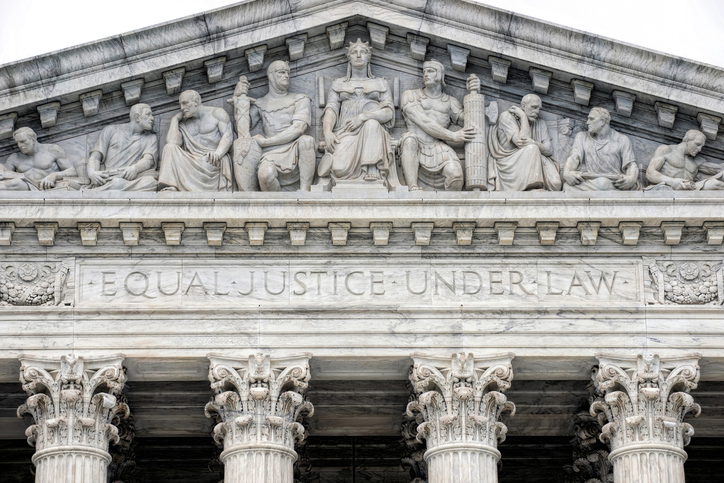Ten days into this year’s scheduled 105-day regular session of the Washington state Legislature, lawmakers continue to introduce bills at a brisk pace. So far, more than 1,125 bills and other measures have been introduced.
Going back to 1983, legislators have introduced an average of 2,430 bills during the longer sessions in odd-numbered years, of which an average of 460 are passed by the Legislature. The highest number of bills introduced was 3,200 during the 1995 Regular Session, with 456 passed. In 2017, lawmakers introduced 2,236 bills and passed 377.
Among the measures that are now before the Legislature are two citizen initiatives that received the required number of voter signatures and were certified by the Secretary of State. Initiative 976 would once again set annual license fees for vehicles weighing under 10,000 pounds at $30, except voter-approved charges. It would also base vehicle taxes on the fair-market Kelley Blue Book, and would repeal authorization for certain regional transit authorities, such as Sound Transit, to impose motor vehicle excise taxes. Currently, yearly car taxes are based on higher values set by the state, an arrangement many car owners say is unfair.
Separately, Initiative 1000 would restore race-based affirmative action to state law without the use of quotas or preferential treatment. It would define the meaning of preferential treatment and its exceptions and establish a governor's commission on diversity, equity, and inclusion.
The Legislature has three choices in considering these initiatives: 1. Do nothing, in which case the initiative goes on the November 2019 general election ballot for a vote by the people. 2. Pass the initiative as submitted, in which case it would become law. 3. Amend the initiative, in which case it would go on the general election ballot along with the original version
More information on both measures can be found on washingtonvotes.org under the House- and Senate Initiated Legislation category.
Neither chamber has taken any floor votes so far, except opening day and joint session resolutions to receive messages from the governor and other elected officials. Instead, lawmakers are busy with daily rounds of committee hearings.
More than 2,000 people signed up to testify before the Senate Law and Justice Committee on Monday for hearings on a number of gun measures, including SB 5061 concerning undetectable, 3-D printed guns; SB 5062 to limit high capacity magazines; SB 5143 concerning disposition of firearms confiscated by law enforcement; and SB 5174 to require training for concealed pistol license holders.
Hundreds of gun rights supporters rallied in Olympia last week to protest against what they say are unreasonable restrictions on gun ownership that violate the Second Amendment of the U.S. Constitution. Rep. Jim Walsh (R-Aberdeen) spoke out on Initiative 1639, which was passed by state voters last November. The initiative implements restrictions on the purchase and ownership of firearms including raising the minimum age to purchase a gun to 21, adding background checks, increasing waiting periods, and enacting storage requirements.
“1639 is a terrible piece of public policy,” Walsh said. “It’s unconstitutional, it’s illegal and I trust the courts. I think the courts will eventually sort out the problems in 1639. And for now, the courts are our best avenue to get justice done and this bad initiative overturned.”
Stay up to date on these and other issues by visiting washingtonvote.org and follow us on Facebook and Twitter #waleg.
—-end—-


